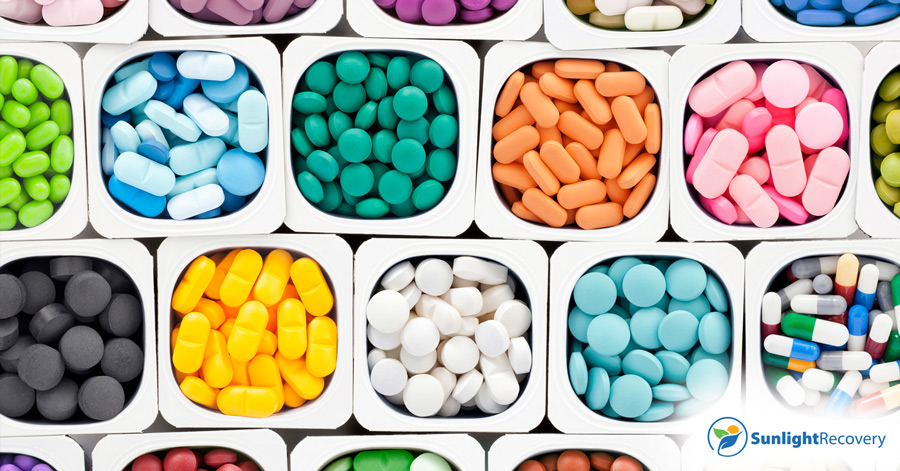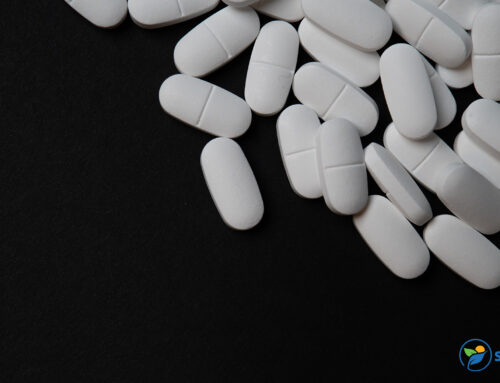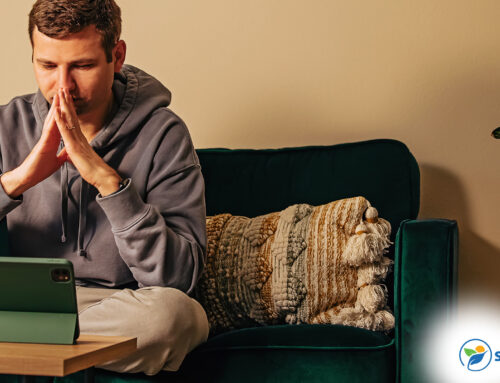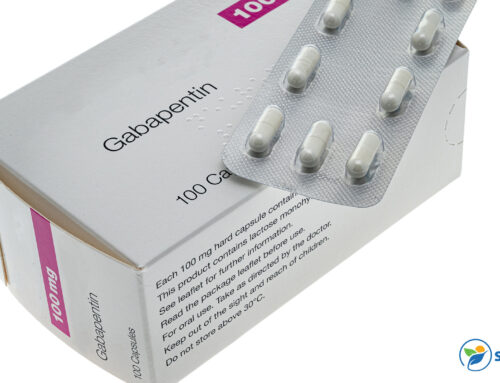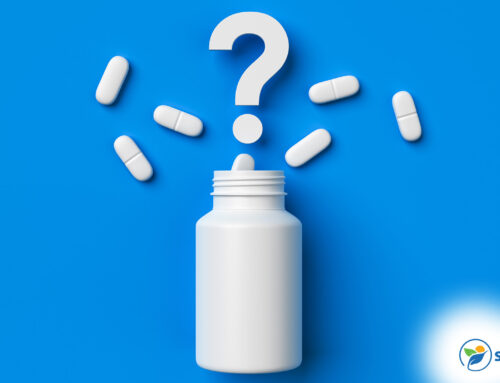Benzodiazepine use is very common among the U.S. population. A 2018 report found that 12.6% of Americans, or 30.6 million adults, regularly use these drugs. Also known as benzos, benzodiazepines are regularly prescribed for stress and anxiety. As around two-thirds of American adults have at least one drink each year, there’s a chance that someone will have both benzos and alcohol in their system.
The research confirms this, with one study of more than 2 million people finding those with unhealthy alcohol use or alcohol use disorder were more likely to take benzos. Both alcohol and benzodiazepines can have adverse effects on health, so it’s important to understand how they interact. This can help you make healthy decisions about your drug and alcohol use and be aware of when to seek help.
The Effects of Benzodiazepines
Benzos are a class of drugs used to treat mental health disorders such as stress and anxiety. They can also help people sleep and may be used to treat alcohol withdrawal and epilepsy. Brand names of benzodiazepines include Valium, Xanax, Klonopin and Ativan.
These drugs are depressant drugs. This doesn’t mean they make you depressed; rather, they slow down the messages traveling between your brain and body, which reduces anxiety and helps you feel calm. Benzos are addictive, and some people experience euphoria when using the drugs.
Like most drugs, benzos also have negative side effects. These can include:
- Confusion
- Headaches
- Depression
- Drowsiness or fatigue
- Slurred speech
- Impaired thinking and memory loss
- Impaired coordination
- Blurred or double vision
The Effects of Alcohol
Alcohol also has a sedative effect. It lowers inhibitions and can impact your judgment and behavior. Alcohol often causes mood changes. For some people, this can include euphoria or giddiness, while other people may get combative or angry when they drink.
For many people, alcohol is a relaxant that can also cause drowsiness. When drunk, you may experience slower or slurred speech, a loss of consciousness or gaps in memory. Alcohol can be the driver of decisions you later regret, but more seriously is a contributor to accidents and injuries. The CDC reports that 32 people in the United States die in alcohol-related vehicle accidents every day.
Compounded Effects of Benzos and Alcohol
Both alcohol and benzodiazepines are depressant drugs that impact gamma aminobutyric acid, or GABA, in the brain. GABA is a neurotransmitter that dulls a nerve cell’s ability to receive, create and send messages to other cells. This produces a calming effect.
As benzodiazepines and alcohol have similar effects on the body, taking them together can amplify the effects. This means you can feel more mellow, calm and relaxed. Although this may seem like a good thing at first glance, it can have a serious impact. The side effects that are most likely to be amplified include:
- Dizziness
- Drowsiness
- Difficulty concentrating
- Problems thinking
- Impaired judgment
- Reduction in cognitive functions
- Slowed response times
- Poor motor coordination
Why Mixing Benzos and Alcohol Is a Concern
As alcohol and benzodiazepines impact cognitive impairment, judgment and motor coordination, taking both together can increase the risk of accidents, poor decision-making and potentially dangerous situations. For example, you may think you haven’t had enough alcohol to impair your driving, but the compounding effects of mixing alcohol and benzos may make you more likely to have an accident.
Mixing benzos with alcohol increases the risk of overdose. As both suppress breathing, an overdose can lead to significant organ damage or even death. The body metabolizes alcohol before other substances, meaning benzos stay in the body for longer when you drink. If you’re taking them regularly, you could end up with a dangerously high level of the drug in your system. A 2010 study found that alcohol was involved in 27% of benzodiazepine-related emergency room visits and 21% of benzo-related deaths.
In the long term, using benzodiazepines and alcohol together increases the risk of developing health conditions such as liver and kidney damage, dementia, cardiovascular issues and gastrointestinal issues. People who misuse multiple drugs are also more likely to be diagnosed with depression, anxiety, bipolar disorder and other mental health conditions.
When Can I Drink If I’m Taking Benzos?
Doctors recommend that you never drink if you’re taking benzos. However, if you’re only taking a benzo occasionally, such as for help with sleep, you might wonder when it’s safe to drink. The impacts of mixing the two drugs can be felt if you drink alcohol when benzodiazepines are in your system. You should wait until the drugs have moved through your system before drinking.
Different benzos stay in your body for different lengths of time. Benzos that leave your system relatively quickly include Xanax and Ativan. These can be gone after 11-20 hours. Others, including Valium and Klonopin, can remain in your body for up to 3 days. These figures are averages, and everyone metabolizes drugs at different rates. Benzos can remain in your system for longer if you have poor kidney or liver function or certain other medical conditions. Talk to your doctor about the type of benzo you’re taking and when you can safely consume alcohol to ensure you’re staying safe.
If you take benzodiazepines for anxiety, insomnia or any other condition, it’s important to avoid alcohol when the medication is in your system. However, this can be difficult if you’re dependent on either alcohol or benzos. Withdrawing from benzos is difficult, and stopping these drugs abruptly can cause seizures. If you want to stop taking them, make sure you seek health advice.
If you need support to overcome a substance use disorder or to understand how different medications can impact your mental and physical health, talk to one of Sunlight Recovery’s licensed therapists today. Assistance is available 24/7 to help you live a drug-free life.


